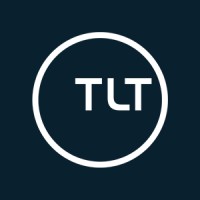FAQs
What is the primary responsibility of the Conveyancer in this role?
The primary responsibility of the Conveyancer is to manage their own caseload of conveyancing files, particularly in dealing with properties that have been taken into possession.
What kind of experience is required for this position?
Previous conveyancing experience, including title checking for freehold, leasehold, and shared ownership properties, is required.
How important is client communication in this role?
Client communication is very important; the Conveyancer is expected to regularly update clients and asset managers about the progress of matters.
Are there any opportunities for professional development and involvement in client interactions?
Yes, the role includes the opportunity to accompany the management team on client visits and contribute to meetings and training as needed.
What qualities are expected from candidates in terms of client interaction?
Candidates should demonstrate natural empathy and affinity with clients, a good telephone manner, and clear diction.
How does TLT support work-life balance for its employees?
TLT has a progressive fully flexible working approach, allowing employees to work in a place and at a time that meets their needs, along with a focus on hybrid working.
What benefits does TLT offer to its employees?
TLT offers a competitive salary, access to a flexible benefits scheme including 25 days of holiday (which increases to 30 based on length of service), and private medical insurance.
Is TLT committed to diversity and inclusion?
Yes, TLT is committed to creating a diverse and inclusive working environment and encourages applications from all suitably qualified individuals regardless of various characteristics.
Will I be responsible for making decisions on legal aspects of sales matters?
Yes, part of the role involves making confident decisions on technical legal aspects of sales within your own caseload.
How does TLT ensure continuous professional development for its employees?
TLT encourages staff to keep up to date with changes in regulations and to share knowledge with colleagues, supporting a culture of continuous learning and professional development.

